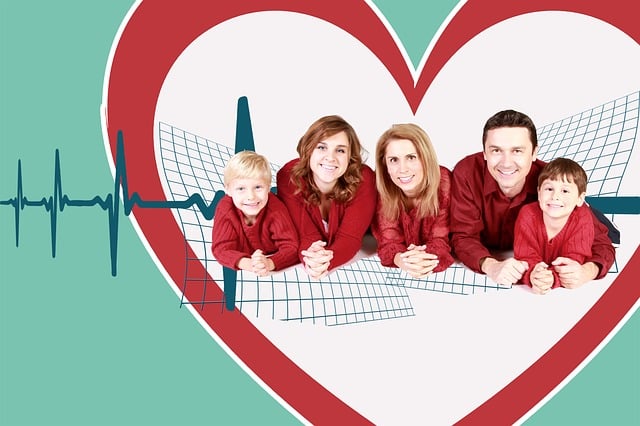Surviving Lakeland Behavioral Health requires understanding your journey and leveraging support networks. Local in-person and online groups offer safe spaces to share experiences, gain insights, and build resilience through community connections. National mental health organizations provide forums and communities for self-care and anonymous interactions. These peer support systems foster a sense of belonging, offering empathy, validation, and practical advice. Mentorship programs within these groups enhance recovery confidence and provide ongoing emotional resilience for behavioral health survivors.
“Surviving and thriving after an encounter with Lakeland Behavioral Health can be a challenging yet empowering journey. This comprehensive guide aims to illuminate the path for survivors by offering a wealth of resources tailored to their unique needs. From understanding the journey through support networks and exploring therapeutic options, to navigating life post-treatment, this article provides valuable insights. Discover how community resources, online tools, alternative therapies, and practical tips can facilitate healing, recovery, and long-term wellness for Lakeland Behavioral Health survivors.”
Understanding Your Journey: Support Networks for Lakeland Behavioral Health Survivors

Surviving an experience with Lakeland Behavioral Health can be a complex and emotional journey, but understanding your path is a vital step in healing. Many survivors find solace in connecting with like-minded individuals who have navigated similar challenges. Support networks offer a safe space to share experiences, gain insights from others’ perspectives, and build resilience. These connections can foster a sense of community, providing ongoing support as you navigate life post-Lakeland Behavioral Health.
Local support groups, both in-person and online, are excellent resources where survivors can find comfort and encouragement. National organizations dedicated to mental health recovery also offer forums and communities, enabling individuals to connect anonymously if preferred. These networks not only provide a listening ear but also valuable tools and resources for managing mental health, promoting self-care, and fostering personal growth.
– Exploring community resources and support groups

For those who have successfully navigated their journey with Lakeland Behavioral Health, the road to recovery often involves a network of support systems. Exploring community resources and support groups can be instrumental in this process. Local communities typically offer various programs dedicated to mental health awareness and peer support, providing a safe space for individuals to share experiences and learn from one another. These groups foster a sense of belonging and understanding, which is crucial for healing and personal growth.
Many organizations and non-profit initiatives focus on assisting Lakeland Behavioral Health survivors by offering counseling services, workshops, and social events. These resources aim to empower individuals to manage their mental health effectively while connecting them with like-minded people who can offer encouragement and practical advice. Support groups can be a powerful tool in building resilience and navigating the challenges that may arise during recovery.
– Benefits of peer-to-peer connections and mentorship programs

Connecting with peers who have shared similar experiences can be immensely beneficial for survivors of Lakeland Behavioral Health challenges. Peer-to-peer connections offer a unique support system where individuals can find understanding, empathy, and validation. Sharing stories and coping strategies in a safe, supportive environment fosters a sense of belonging and normalcy, helping to alleviate feelings of isolation that often accompany recovery. Mentorship programs within these peer groups provide one-on-one guidance, enabling participants to navigate their journeys with increased confidence.
Mentors, often individuals who have successfully overcome similar struggles, offer practical advice, share valuable insights, and provide encouragement. These relationships can be instrumental in helping survivors set goals, develop coping mechanisms, and maintain momentum on their path to healing. Peer support programs create a network of care that extends beyond professional services, offering ongoing emotional resilience and a sense of community for those navigating the aftermath of behavioral health challenges.
For those who have experienced Lakeland Behavioral Health, finding the right support can be transformative. By connecting with community resources and joining support groups, survivors can navigate their journey with strength and resilience. Peer-to-peer connections and mentorship programs offer unique benefits, providing a sense of belonging and guiding others towards healing. Remember that resources are available to help you rebuild your life and find new beginnings.
